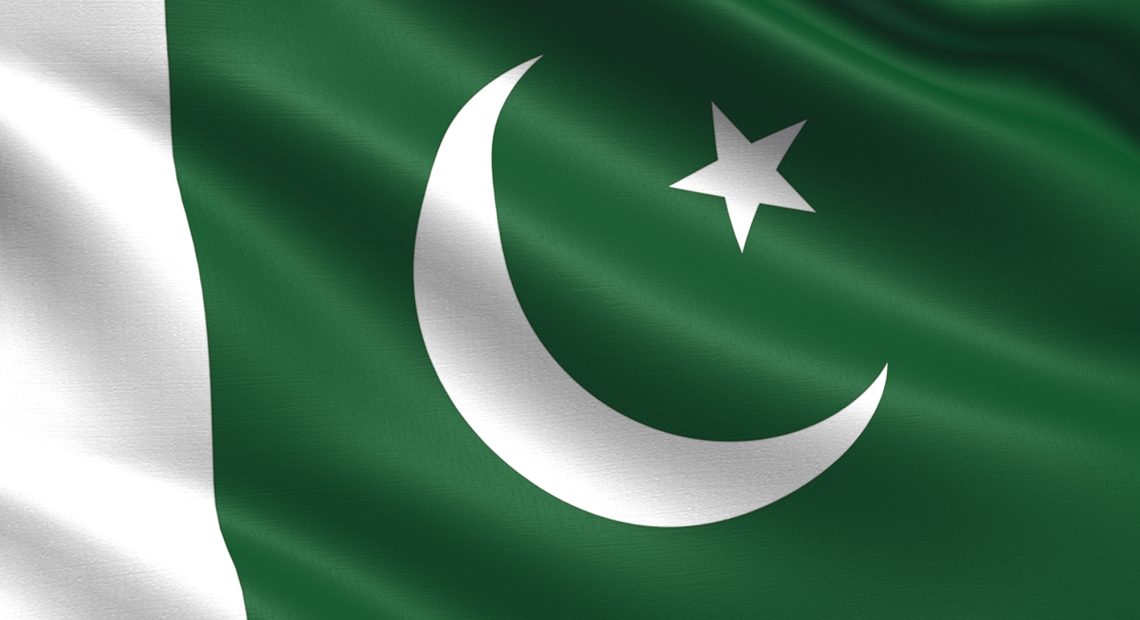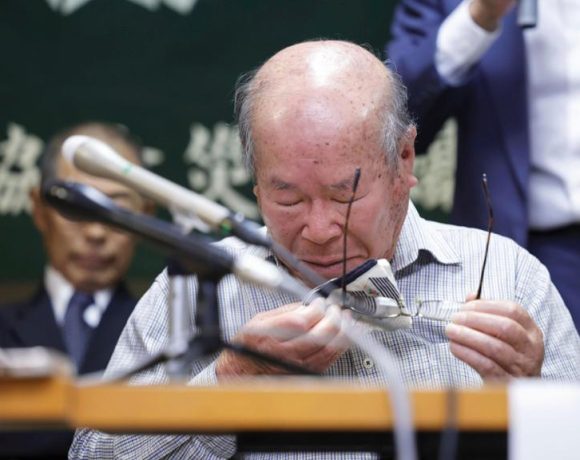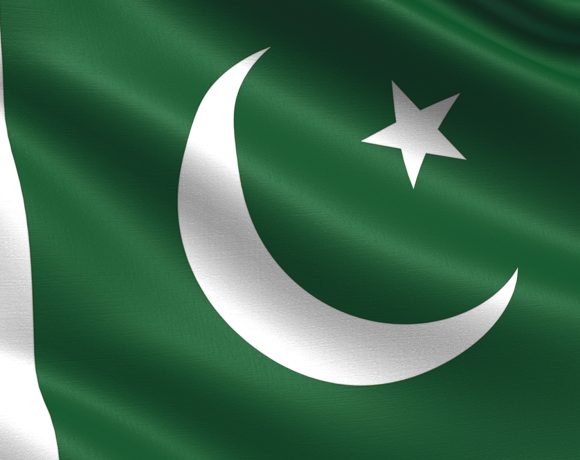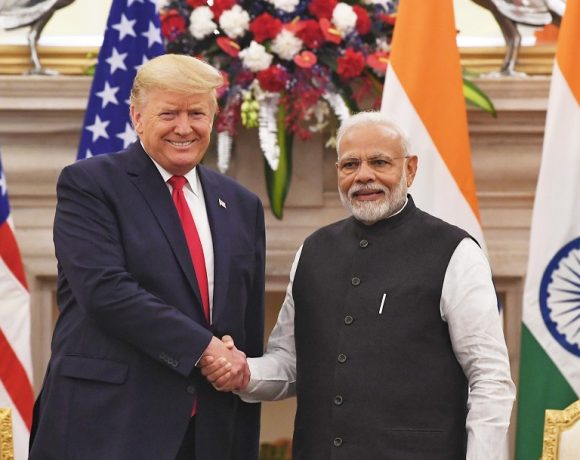
Pakistan Takes Charge of UNSC Presidency for July
Pakistan officially began its month-long presidency of the United Nations Security Council on July 1, 2025, marking the eighth time it has assumed this role during its current non-permanent membership. The presidency, which rotates monthly among the 15 Council members, gives Pakistan the authority to preside over meetings, set the Council’s agenda, and represent the body in external engagements.
UN Presidency
Under this rotating leadership, Pakistan will be responsible for guiding deliberations, issuing presidential statements, and highlighting thematic priorities. While the position does not grant permanent influence, it offers a strategic platform to bring specific issues to the forefront, particularly in a time of global unrest and diplomatic gridlock within the Security Council.
Peace And Dispute Resolution
Pakistan’s Permanent Representative to the UN, Ambassador Asim Iftikhar Ahmad, has outlined two major high-level debates for the month. The first, scheduled for July 22, will focus on Chapter VI of the UN Charter—dealing with the peaceful settlement of disputes. Pakistan intends to stress the often-neglected mechanisms available within the Charter that encourage dialogue over force. The second session, planned for July 24, will address enhanced cooperation between the UN Security Council and regional organizations such as the European Union and the Organisation of Islamic Cooperation.
Gaza And Humanitarian Focus
In addition to procedural leadership, Pakistan has announced a specific focus on the humanitarian crisis in Gaza. The presidency intends to elevate the Council’s regular discussion on the Israel–Palestine conflict to a ministerial-level meeting. This move aims to underline the need for urgent humanitarian access and international accountability for the protection of civilians.
International Role
Pakistan’s turn at the helm comes at a time when the Security Council faces criticism for its perceived failure to effectively address major international crises. By choosing to spotlight peaceful resolution and multilateral cooperation, Pakistan is positioning its presidency as a corrective effort to reaffirm the UN Charter’s relevance. Pakistan is also currently chairing the Council’s Taliban sanctions committee, aligning with its broader focus on South Asian and Islamic world priorities.


















